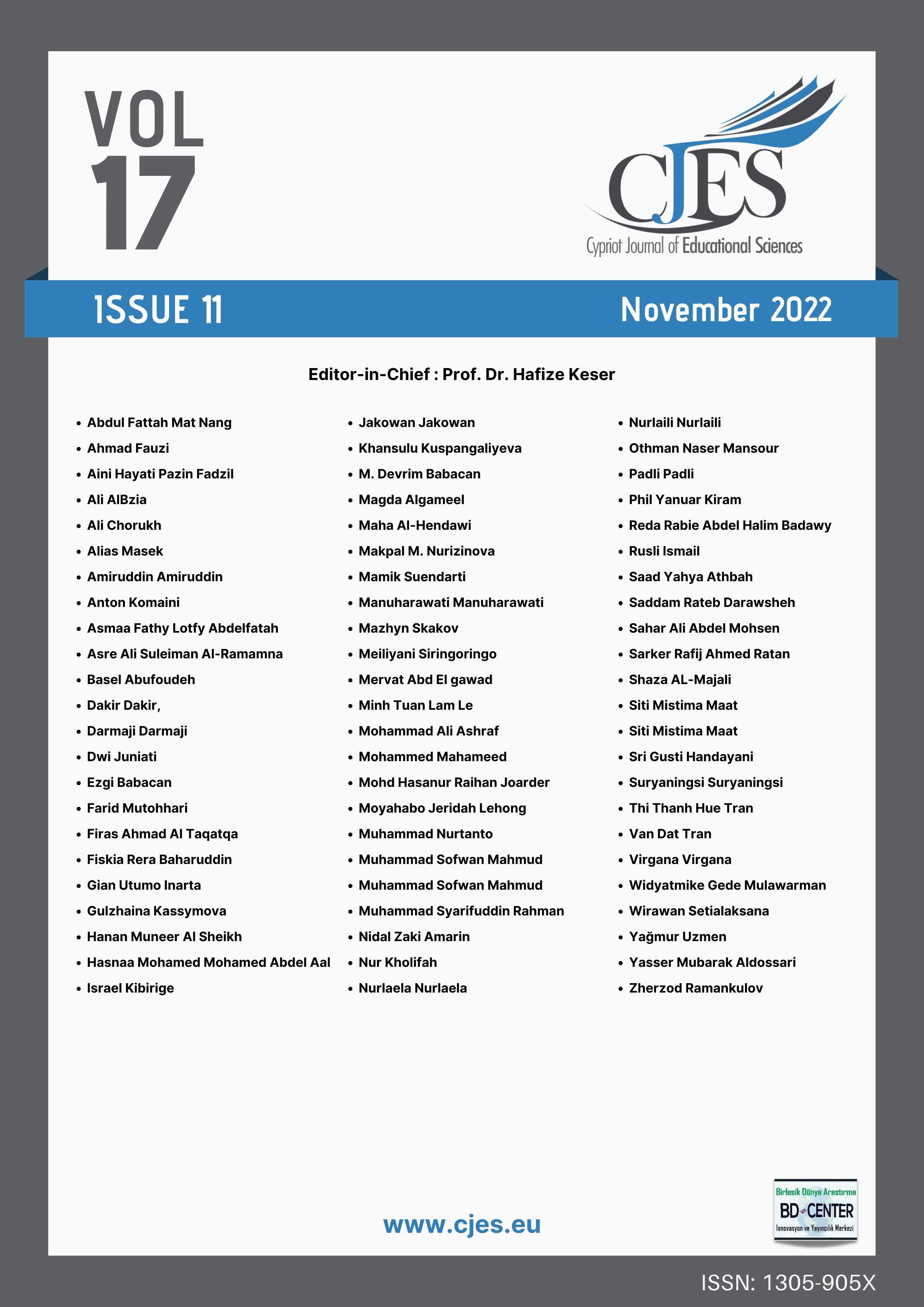Investigating the moderating effects of perceived usefulness on the student satisfaction: Evidence from Indonesian higher education
Main Article Content
Abstract
This study examines technological competence, e-learning readiness and motivation that affect student user satisfaction. In addition, the involvement of perceived usefulness is a moderator of student user satisfaction. A total of 1217 students of engineering in the province of Yogyakarta, Indonesia, filled out the instrument. Data collection is done online through E-Monev, integrated with AIS with a Likert scale of five, and tested for validity and reliability. Data were analyzed using the path analysis method and bootstrapping with the PLS-SEM application. The results of the study respondents that technological competence, e-learning readiness, and motivation have a significant effect on user-student satisfaction. Furthermore, e-learning readiness moderated by perceived usefulness has a significant effect. This finding confirms that it is important for higher education to ensure that user students master technology competence and motivation in a balanced way. In the future, e-learning and hybrid learning that has taken place must be balanced with mastery of basic skills, namely technological competence and motivation through various pieces of training and direct involvement.
Keywords: e-learning perspective, student satisfaction, motivation, e-learning readiness, higher education
Downloads
Article Details

This work is licensed under a Creative Commons Attribution 4.0 International License.
Cypriot Journal of Educational Sciences is an Open Access Journal. The copyright holder is the author/s. Licensee Birlesik Dunya Yenilik Arastirma ve Yayincilik Merkezi, North Nicosia, Cyprus. All articles can be downloaded free of charge. Articles published in the Journal are Open-Access articles distributed under a CC-BY license [Attribution 4.0 International (CC BY 4.0)].
Birlesik Dunya Yenilik Arastirma ve Yayincilik Merkezi (BD-Center)is a gold open-access publisher. At the point of publication, all articles from our portfolio of journals are immediately and permanently accessible online free of charge. BD-Center articles are published under the CC-BY license [Attribution 4.0 International (CC BY 4.0)], which permits unrestricted use, distribution, and reproduction in any medium, provided the original authors and the source are credited.

